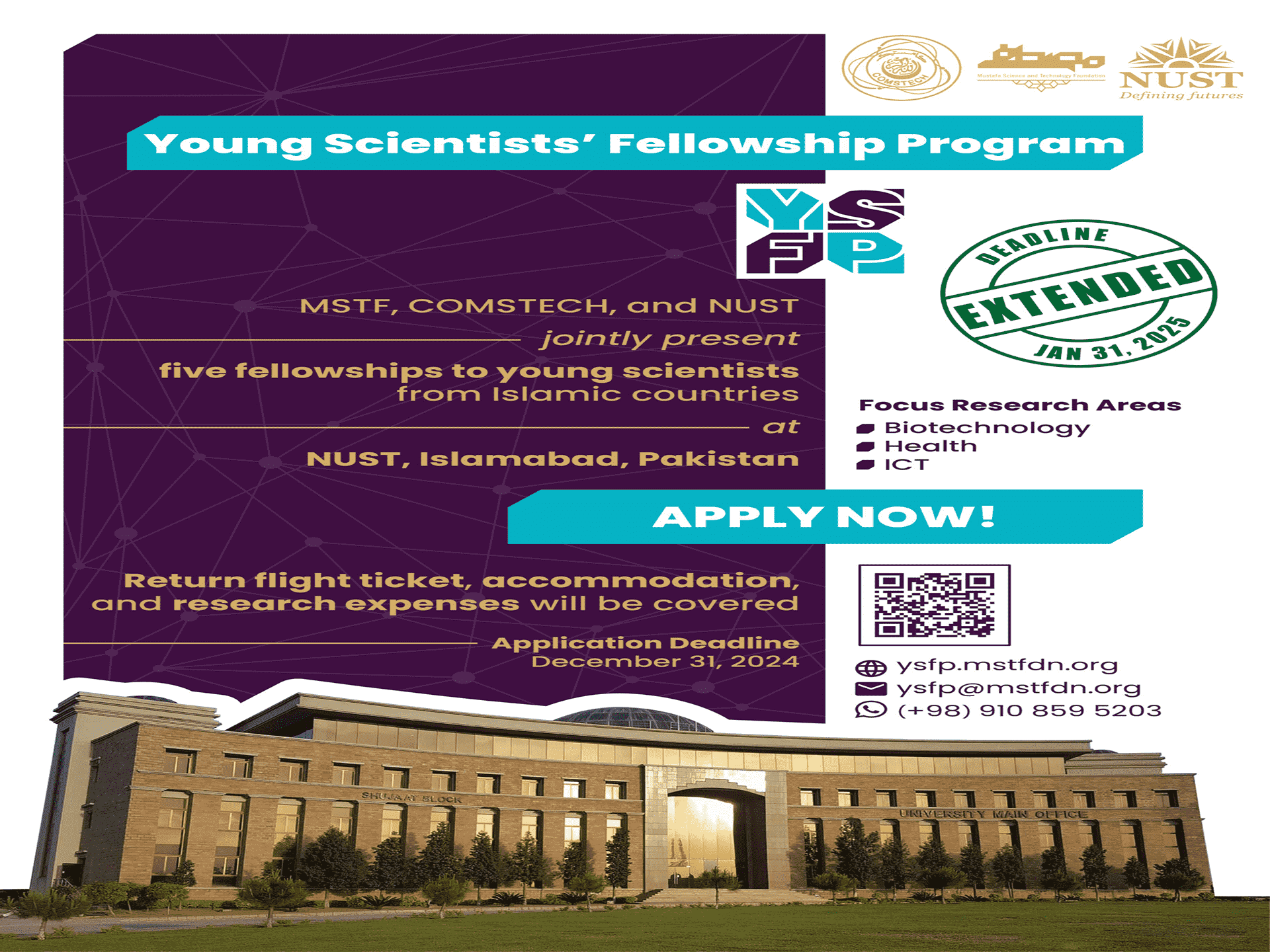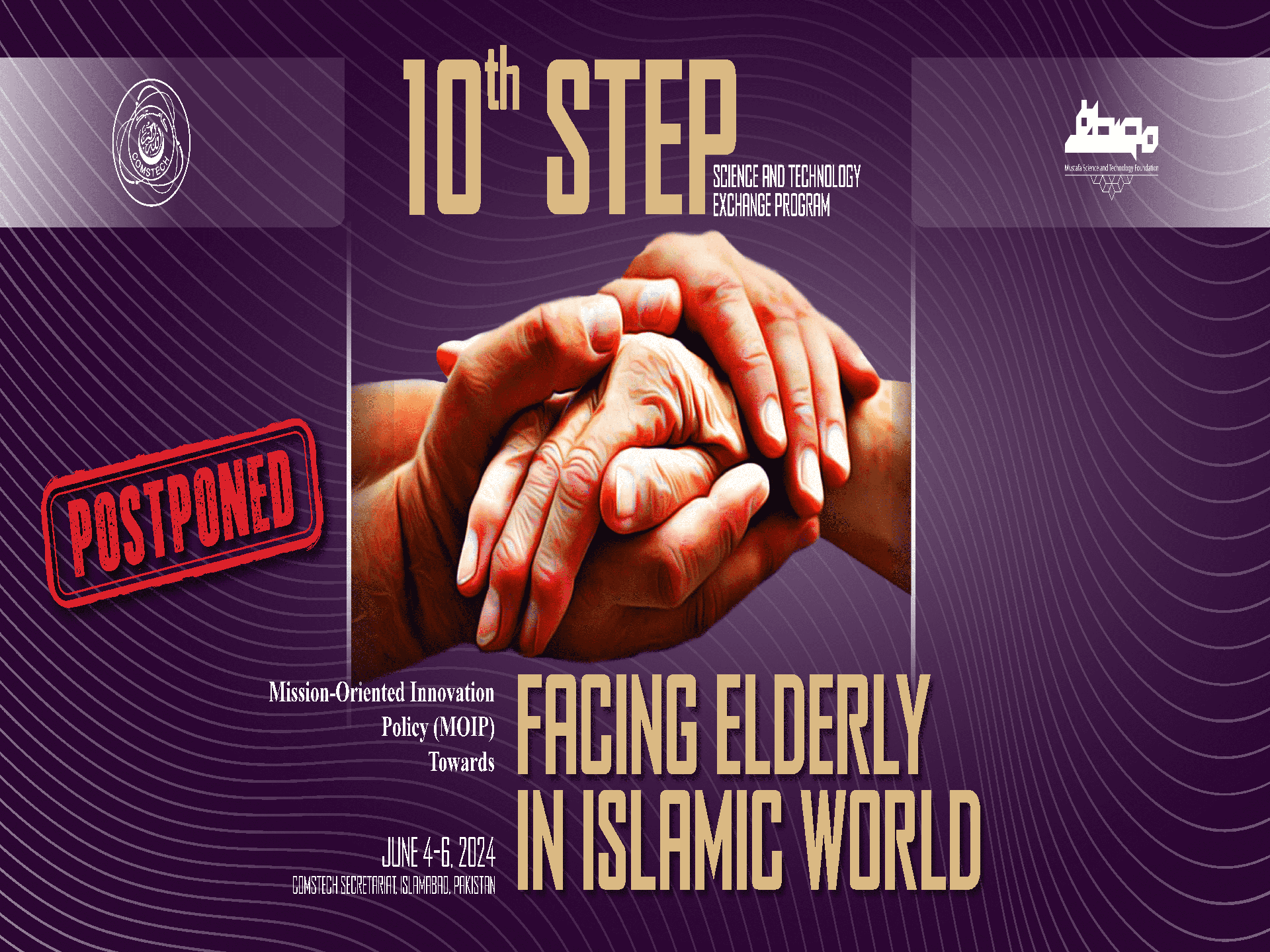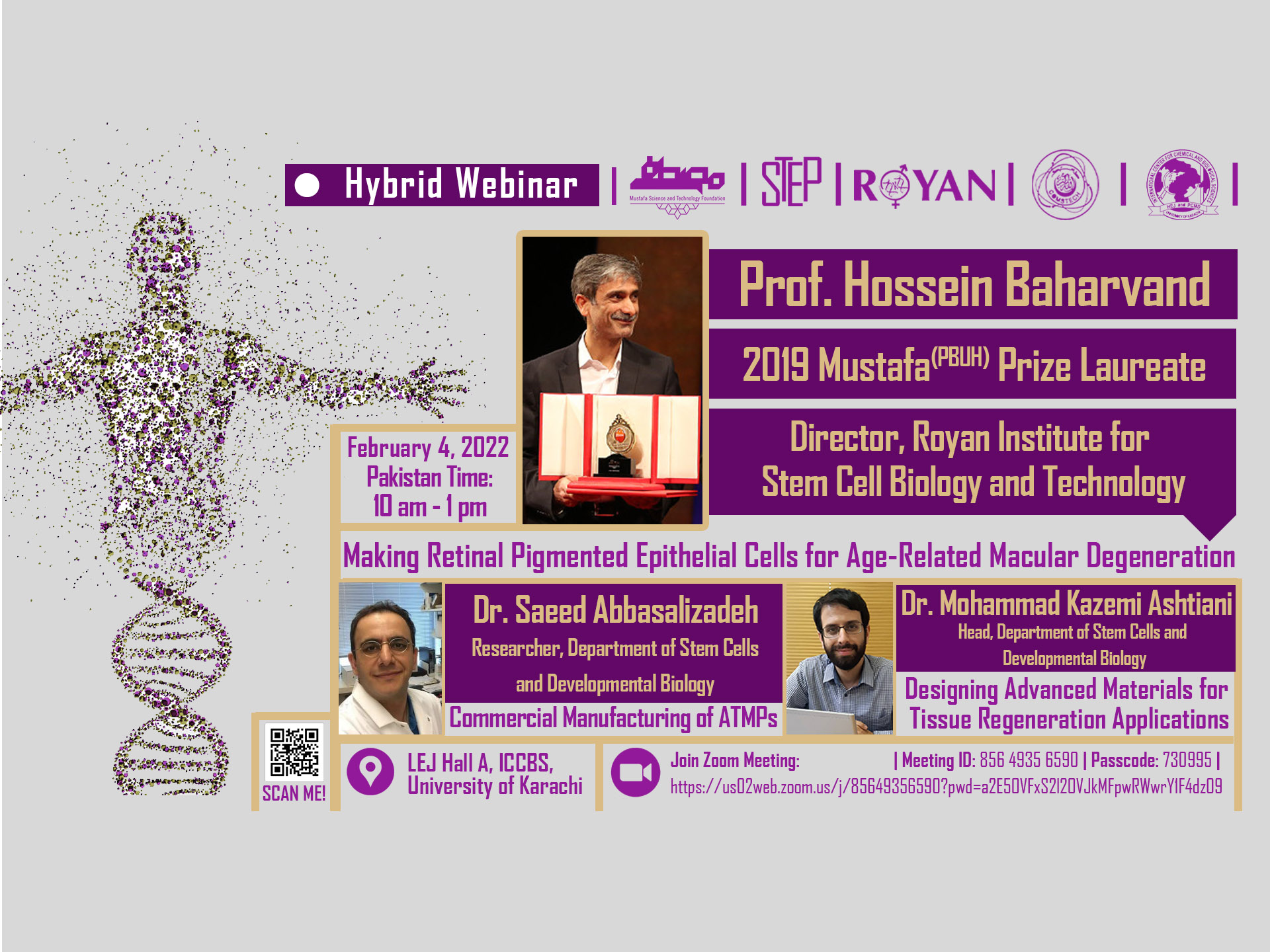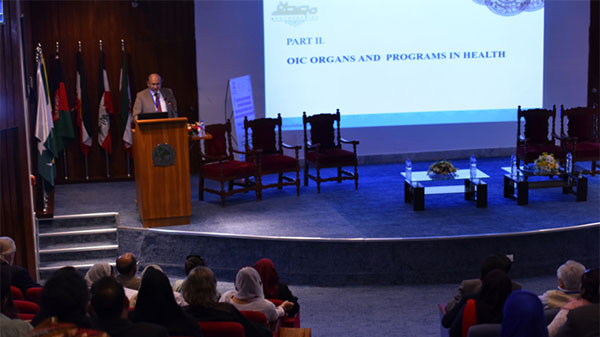
6th STEP

The Media Should Cover Local Science News and Convey Evidence-Based Output
10 Nov. 2019
MSTF Media reports:
Mohamed Elsonbaty Ramadan, science communication consultant and freelance science journalist, as a participant in “Models and Practices in Science Journalism” STEP Talk, stated that “the media should be more interested in everyday local science news.”
“The truth is that we have lost communication. Everyone knows what is going on in the West, but no one has a clue what is happening in their local area. Every news leads to the Western world,” he added.
Elsonbaty Ramadan contended that the media is more concerned with reporting political news and offering entertainment programs rather than reflecting science news. According to him, what worsens the situation is that local science news does not get covered at all. As an example, he pointed to the absence of broadcasting local science news among the public in Egypt.
He also emphasized the importance of developing interactions between scientists and science journalists and maintained that “there should be an atmosphere where scientists and science journalists can interact and share their ideas with each other. In order for scientists to get in touch with media and share their achievements, they must have collaboration with science journalists.”
Referring to the problems in the realm of science communication, Elsonbaty Ramadan said that “there are no academic programs for science communication.”
William Odinga Balikuddembe, another participant of “Models and Practices in Science Journalism” STEP Talk, asserted that the difference between science journalists and other journalists is that science journalists look for evidence in every area in order to make conclusions.
“In Uganda, it took twenty years to achieve success in the area of Genetically Modified foods (GM foods). But, without having enough evidence, it was spread through the media that GM foods cause cancer. So, people stopped using them. After finding enough pieces of evidence, we realized that GM foods do cause cancer. But wasn’t it better for the media to find this out based on enough evidence rather than just spreading the news?” he said.
The 6th round of Science and Technology Exchange Program (STEP) in Islamic Countries was held simultaneously with 2019 Mustafa(pbuh) Prize Award Ceremony in Iran. Science Communication was one of the main focuses of attention in this round of STEP.






